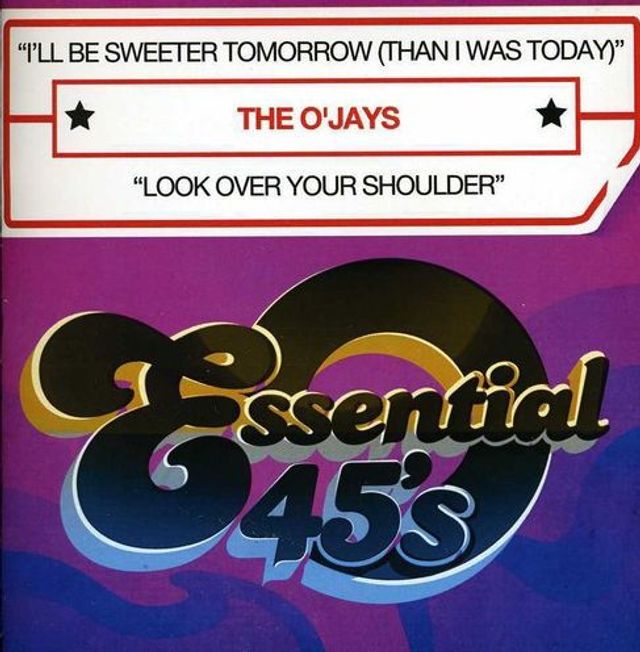Home
Sweet Bells Jangled: Laura Redden Searing, A Deaf Poet Restored
Barnes and Noble
Sweet Bells Jangled: Laura Redden Searing, A Deaf Poet Restored
Current price: $34.50


Barnes and Noble
Sweet Bells Jangled: Laura Redden Searing, A Deaf Poet Restored
Current price: $34.50
Size: Paperback
Loading Inventory...
*Product information may vary - to confirm product availability, pricing, shipping and return information please contact Barnes and Noble
Laura Redden Searing (1839-1923) defied critics of the time by establishing herself as a successful poet, a poet who was deaf. She began writing verse at the Missouri School for the Deaf in 1858, and, under the pseudonym Howard Glyndon, soon found herself catapulted into national prominence by her patriotic Civil War poems. Abraham Lincoln himself bought her books, the most critically acclaimed being
Idylls of Battle and Poems of the Rebellion
, published in 1864. Her poem “Belle Missouri” became the song of the Missouri Volunteers, and she was sent by the
St. Louis Republican
newspaper to Washington as a war correspondent. Despite her success, detractors decried her poetry simply because she was deaf, asking how she could know anything of rhyme, rhythm, or musical composition. She quieted them with the simple elegance of her words and the sophistication of her allegorical themes. Readers can enjoy her work again in this volume, which features more than 70 of her finest poems. They also will learn her feelings about the constraints imposed on 19th-century women in her epic narrative of misunderstanding and lost love “Sweet Bells Jangled:”
Out of sight of the heated land Over the breezy sea; Into the reach of the solemn mist Quietly drifted we.
Her restoration will be an event welcomed by poetry aficionados everywhere.
Idylls of Battle and Poems of the Rebellion
, published in 1864. Her poem “Belle Missouri” became the song of the Missouri Volunteers, and she was sent by the
St. Louis Republican
newspaper to Washington as a war correspondent. Despite her success, detractors decried her poetry simply because she was deaf, asking how she could know anything of rhyme, rhythm, or musical composition. She quieted them with the simple elegance of her words and the sophistication of her allegorical themes. Readers can enjoy her work again in this volume, which features more than 70 of her finest poems. They also will learn her feelings about the constraints imposed on 19th-century women in her epic narrative of misunderstanding and lost love “Sweet Bells Jangled:”
Out of sight of the heated land Over the breezy sea; Into the reach of the solemn mist Quietly drifted we.
Her restoration will be an event welcomed by poetry aficionados everywhere.












